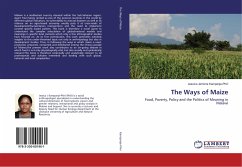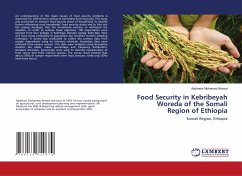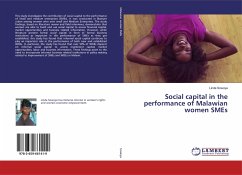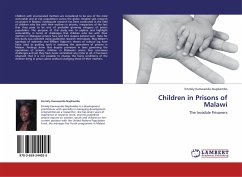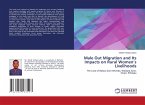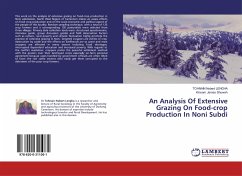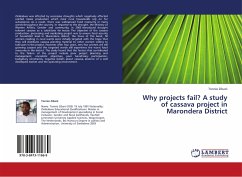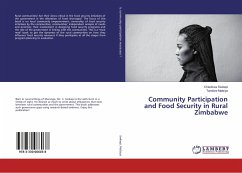Malawi is a landlocked country situated within the Sub-Saharan region. Apart from being ranked as one of the poorest countries in the world by different global indicators, its vulnerability to natural disasters as well as its reliance on an agro-based economy usually puts it at cross-roads of development/humanitarian interventions and the need to implement context specific based policies. This book is therefore a novel quest to understand the complex articulation of global/national models and meanings in specific local contexts which only a few ethnographic studies have focused on. As its first contribution, this work generates scholarly insights to this under-theorised topic not only in anthropology but also in development studies. Thus, in following the ways in which maize is used, produced, prepared, consumed and distributed among the Chewa people of Malawi,the present work also contributes to an on-going debate in which food is not only physiologically vital, but also socially and symbolically relevant.This book is therefore empirically and analytically relevant to all professionals and scholars interested and dealing with such global, national and local complexities.
Bitte wählen Sie Ihr Anliegen aus.
Rechnungen
Retourenschein anfordern
Bestellstatus
Storno

